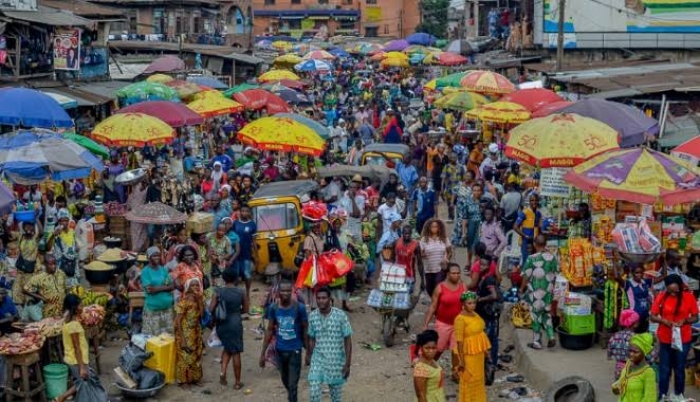June 21, 2025
SEC bans Independent Directors from CEO roles, caps Chair tenure at 4 years
by Super User
The Securities and Exchange Commission (SEC) has prohibited independent non-executive directors (INEDs) from assuming executive…
June 14, 2025
Tinubu's pardon of 'Ogoni Nine' rejected by Ogoni people
in POLITICS
by Super User
Ogoni activists on Friday rejected a posthumous pardon for nine members executed three decades ago…
June 20, 2025
Warning signs a snake might be lurking around your home: Clues that could save lives
in FEATURES
by Super User
Few things make your heart race quite like spotting a snake slithering nearby. Whether you…
June 21, 2025
Man convicted of posing as flight attendant to fly for free 120 times
in Strangely
by Super User
A 35-year-old American man has been found guilty of impersonating a flight attendant at least…
June 22, 2025
Female suicide bomber kills at least 24 at Borno food joint in deadly attack
in Crime
by Super User
A devastating suicide bombing carried out by a female assailant late Friday night has left…
June 22, 2025
Israel Vs Iran: Here’s what to know after Day 9
in WARS
by Super User
Iran must now 'make peace', says Trump after US strikes on nuclear sites Summary The…
June 20, 2025
Nigerian company to make HIV, malaria test kits locally
Nigerian manufacturer Codix Bio Ltd plans to make millions of HIV and Malaria test kits…
May 13, 2025
Nigeria's Flying Eagles qualify for World Cup after dramatic win over Senegal
in Sport
by Super User
Nigeria's U-20 national football team, the Flying Eagles, have secured their place at the 2025…


































































